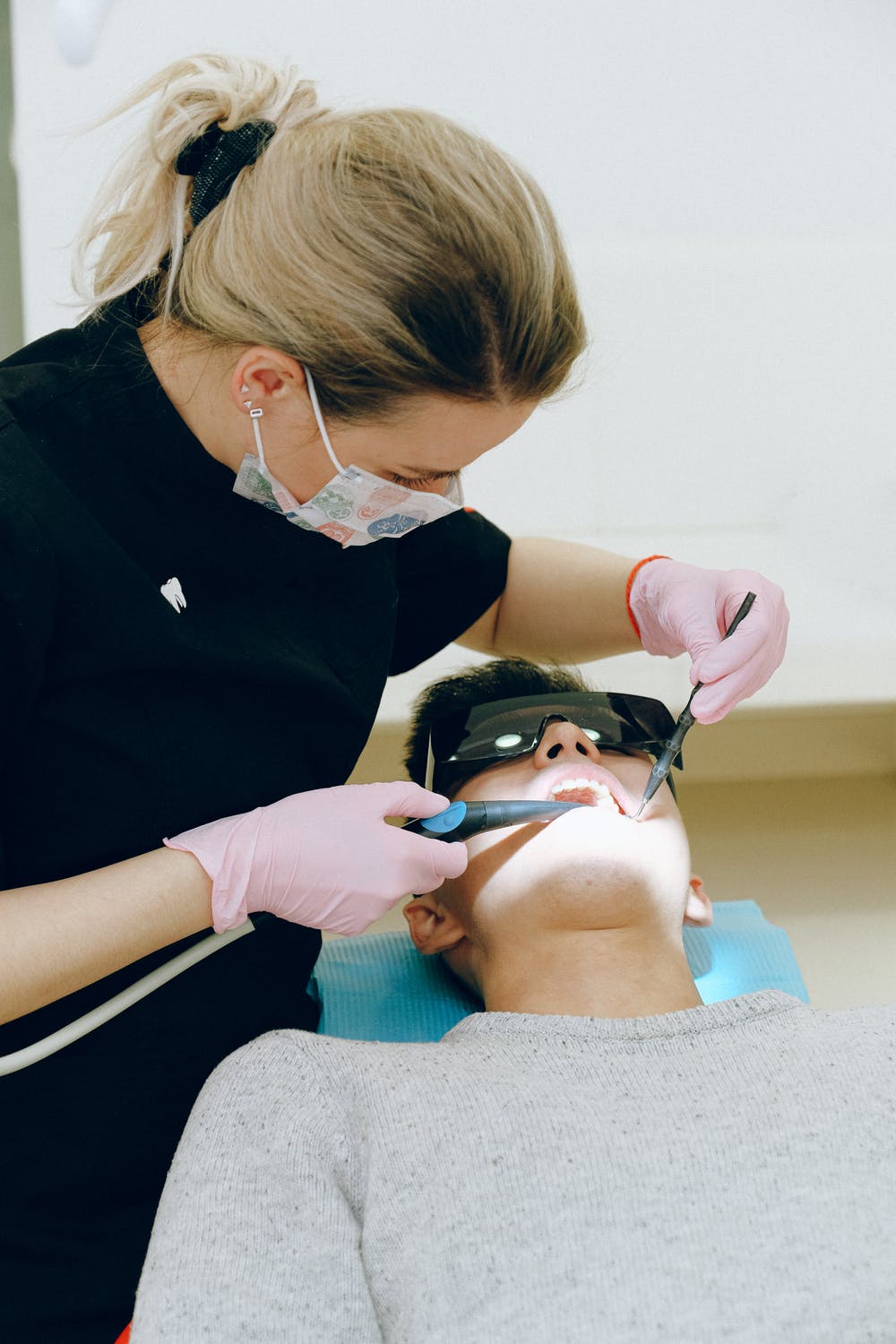According to Capstone Dental Care, basic dental care involves frequent flossing and brushing of your teeth. Basic dental care calls for you to schedule regular appointments with your dental hygienist and dentist. While at it, make sure you eat lots of dairy products, fruits and vegetables, and foods rich in whole grains
The foods mentioned above are what make up a mouth-healthy diet.
Importance of Basic Dental Care
Basic dental care serves various purposes in your life. It’s more than a formality, as it can impact your general well-being. The top reasons to have this type of care include boosting your general health, preventing the occurrence of bad breath, and ensuring you get to retain your natural teeth for as long as possible. Basic dental care also helps to shorten the length of your dental appointments, fortifies your enamel’s health, and ensures the teeth remain white for long.
What Does Basic Dental Care Cover?
1. General Maintenance
It’s recommended to have your teeth cleaned and polished every 6-9 months. The period in between the treatment depends on your care needs. The dentist may need to perform routine examinations and take some x-rays during these visits.
When dentists notice teeth decay, they may recommend adding a filling or having an extraction carried out. The x-rays help in checking for decay in your teeth. Your dentist may pass on certain recommendations depending on what they notice in the x-ray films.
2. Diagnostics and Possible Treatments
The hygienist covers the cleaning and polishing aspects. Some of the diagnostics and treatments a dentist may recommend are:
- Panoramic X-Ray: The x-ray takes a wide shot of your mouth. It captures the condition of the teeth in both upper and lower jaws.
- Basic Oral Surgery: Dentists may recommend surgery as a solution to remove some of the impacted teeth. The impact can be partial or complete.
- Complete Oral Examination: A full oral exam helps the dentist to look for various issues in your mouth, e.g., deteriorating fillings. An exam also helps them notice conditions that can affect their overall health, including oral cancer and gum disease.
Basic Dental Care for Kids
Kids’ teeth require a little more TLC. Considering they will serve as the placeholder for the adult teeth, there’s a need to take proper baby teeth. Normal treatments recommended for kid’s basic dental care include fissure sealants, pit and topical fluoride applications.
These treatments will assist in slowing down or preventing teeth decay in kids. Dental practitioners can recommend the use of space maintainers if the teeth begin to fall out too early.
Taking Proper Care of Your Teeth
There are several basic oral care practices you can perform to prevent the onset of chronic dental conditions. Poor teeth flossing and brushing can also lead to more complex dental needs.
1. Brushing
It’s recommended to brush at least twice per day. Proper brushing helps to ensure the mouth remains healthy and disease-free.
Dentists recommend brushing with a fluoride-based toothpaste. It will stimulate the gums preventing the development of cavities and gum disease.
2. Flossing
Flossing should go hand in hand with brushing. Both are used to prevent the formation of cavities between your teeth.
The flossing process assists in removing food particles stuck in hard-to-reach places. You can also use it to remove plaque.
Try to establish a normal routine as this will help reduce the chances of developing severe oral conditions.
3. Drinking Fluoridated Water
Fluoride occurs as a natural mineral in rocks and soil. It can be used to prevent the formation of cavities between the teeth.
Dental materials manufacturers have been adding fluoride to their products to help make the enamel stronger.
Fluoride occurs naturally in some water supplies in the United States. Municipal authorities tend to add it to their water supplies where its quantities are low.
When to Start Seeing a Dentist
Parents should take their children for the first dental assessment immediately after they turn six months. The dentist can assess whether there’s a high likelihood of them developing dental issues.
If the dentist notes the possibility of future problems, they will recommend you make a follow-up visit before the first birthday. It will be important to schedule dental appointments for your child after every six months.
The first visit should be immediately after the first tooth has emerged or before the first birthday. Make sure to follow the recommendations given by the dentist. Ensure you visit a dentist immediately in case of a developmental problem, disease, or gum injury.

